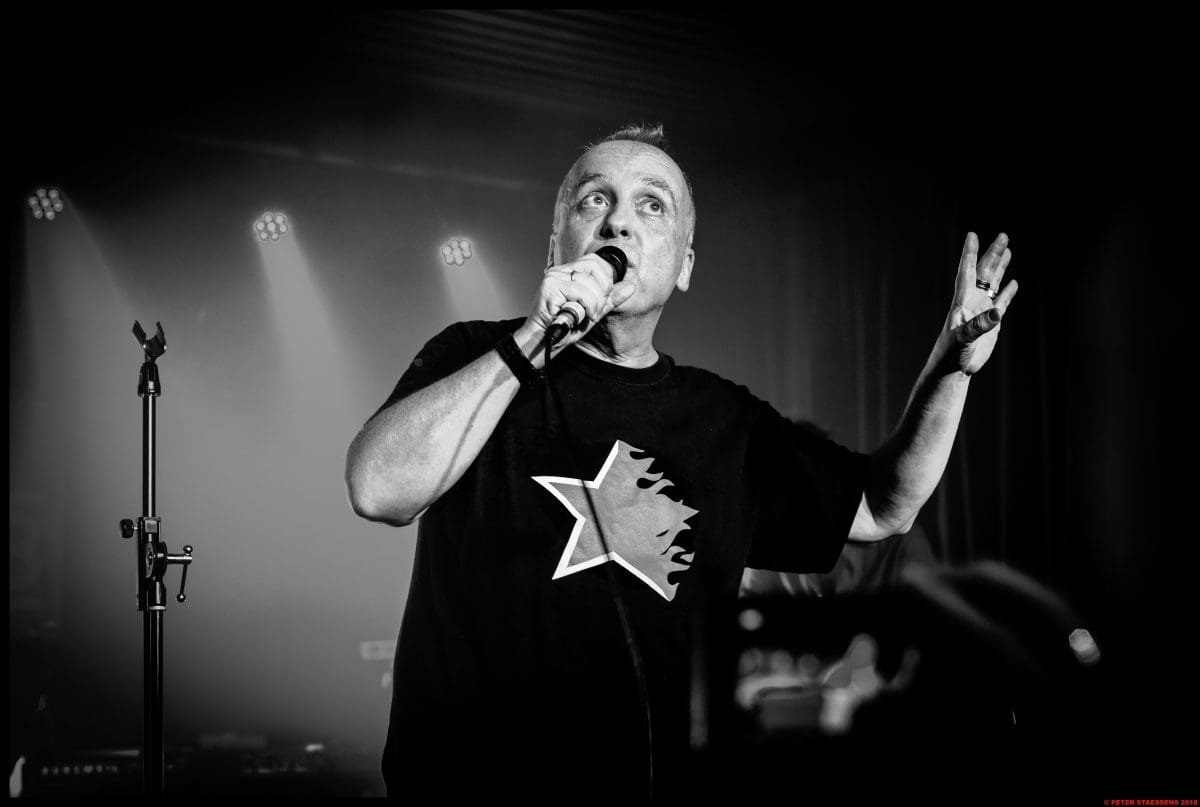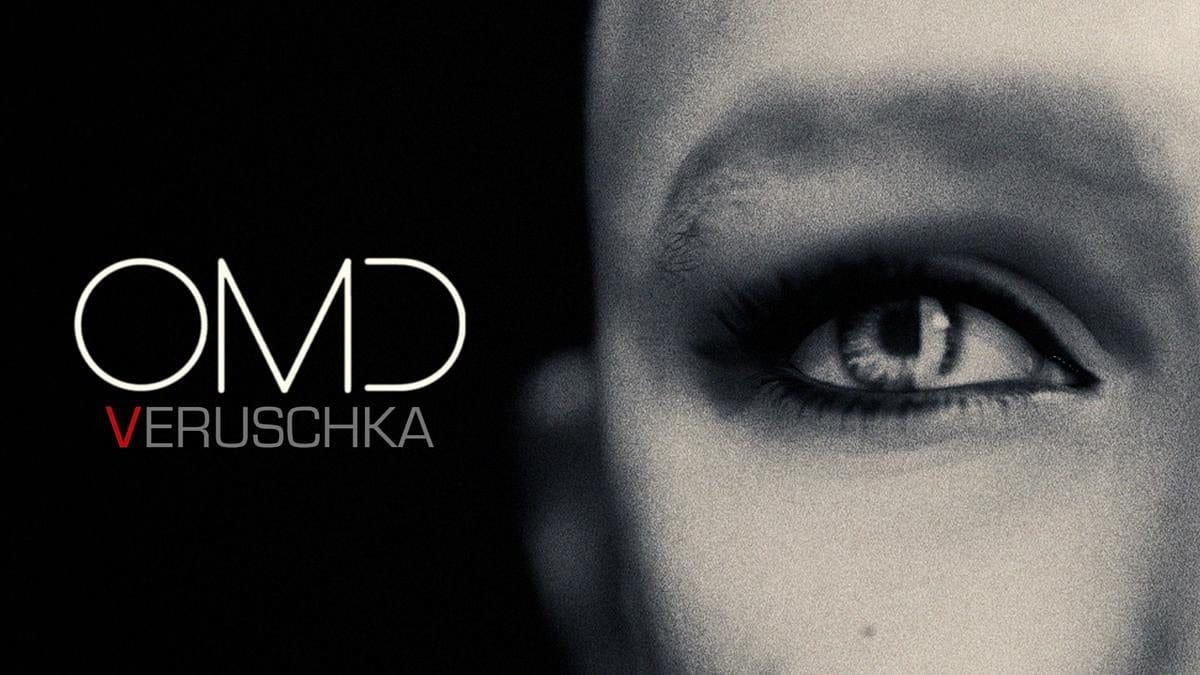The bands that caused the bankruptcy of Factory Records: New Order and Happy Mondays


Factory Records was a Manchester-based British independent record label founded in 1978 by Tony Wilson and Alan Erasmus. The label featured several important acts on its roster, including Joy Division, New Order, A Certain Ratio, the Durutti Column, Happy Mondays, Northside, and (briefly) Orchestral Manoeuvres in the Dark and James. Factory also ran The Haçienda nightclub, in partnership with New Order.
By 1992, the label’s two most successful bands caused the label serious financial trouble. The Happy Mondays were recording their troubled fourth album “Yes Please!” in Barbados and overspent their initial £150,000 budget with £230,000 reaching £380,000 in total. New Order from their side spent £430,000 on recording their comeback album “Republic”. London Records were interested in taking over Factory but the deal fell through when it emerged that, due to Factory’s early practice of eschewing contracts (New Order never had a formal contract with Factory), New Order rather than the label owned New Order’s back catalogue.
Factory Communications Ltd, the company formed in 1981, declared bankruptcy in November 1992. In 1994, Wilson attempted to revive Factory Records, in collaboration with London Records, as “Factory Too”. The first release was by Factory stalwarts the Durutti Column; the other main acts on the label were Hopper and Space Monkeys, and the label gave a UK release to the first album by Stephin Merritt’s side project the 6ths, Wasps’ Nests. A further release ensued: a compilation EP featuring previously unsigned Manchester acts East West Coast, the Orch, Italian Love Party, and K-Track. This collection of 8 tracks (2 per band) was simply entitled A Factory Sample Too (FACD2.02). The label was active until the late 1990s, latterly independent of London Records, as was “Factory Once”, which organised reissues of Factory material. Wilson founded a short-lived fourth incarnation, F4 Records, in the early 2000s.
Broken arms and drugs
Happy Mondays’ “Yes Please!” recordings are a story in itself. This was the fourth studio album by the Happy Mondays and Factory Records reckoned that following the succes of the non-album single “Judge Fudge”, the band deserved a budget of £150,000 for their next album, and as you read above, they didn’t spent £150,000, but £380,000 on their album.
After settling on producers Chris Frantz and Tina Weymouth, both members of Talking Heads and Tom Tom Club, Happy Mondays decamped to Blue Wave Studio in Saint Philip, Barbados in February 1992 where the sessions were plagued by a variety of issues. Frontman Shaun Ryder for instance developed a crack habit. A public relations representative from the band’s label Factory Records even had to issue a statement on Ryder’s behalf, denouncing his drug use. Dancer Bez from his side broke his arm three (!!) times. With little finished material and a lack of lyrics the band returned to the United Kingdom where Ryder was admitted into a detox centre. Recording continued for two weeks in May 1992 at Comfort’s Place Studio in Lingfield, Surrey, where Ryder did his vocals.
The album “Yes Please!” received mixed reviews from music critics. It did sell 50,000 copies by the end of the year but that wasn’t enough by far to keep Factory Records afloat. The band disbanded in 1993, and have reformed several times in subsequent decades.
Here’s some MTV coverage on the band’s “Yes Please!” from a time when the channel still was worth checking out.
And New Order?
They signed with London Records, the label that was initially going to save Factory Records. Apart from New Order also Morris and Gilbert separately signed with the label for their side project The Other Two, whose debut album was originally intended for release on Factory. “Republic”, released around the world in 1993, spawned the singles “Regret”, “Ruined in a Day”, “World”, and “Spooky”.
Tony Wilson made little money from Factory Records or the Haçienda
In the end Factory Records owner Tony Wilson made little money from Factory Records or the Haçienda, despite the enormous popularity and cultural significance of both endeavours. Both Factory Records and the Haçienda came to an abrupt end in the late 1990s.
Wilson died of a heart attack in Manchester’s Christie Hospital on 10 August 2007 aged 57 following kidney cancer for which he was unable to pay the treatment. A number of Wilson’s music industry friends, including former Happy Mondays manager Nathan McGough, their current manager Elliot Rashman and TV stars Richard Madeley and Judy Finnegan, formed a fund to help pay for Wilson’s medical treatment.
Here’s a very rare interview with Wilson, one year before the label would fold followed by a splendid BBC documentary on Factory Records.
Since you’re here …
… we have a small favour to ask. More people are reading Side-Line Magazine than ever but advertising revenues across the media are falling fast. Unlike many news organisations, we haven’t put up a paywall – we want to keep our journalism as open as we can - and we refuse to add annoying advertising. So you can see why we need to ask for your help.
Side-Line’s independent journalism takes a lot of time, money and hard work to produce. But we do it because we want to push the artists we like and who are equally fighting to survive.
If everyone who reads our reporting, who likes it, helps fund it, our future would be much more secure. For as little as 5 US$, you can support Side-Line Magazine – and it only takes a minute. Thank you.
The donations are safely powered by Paypal.









